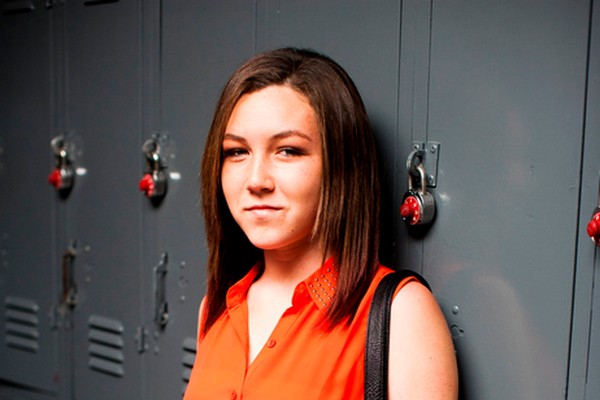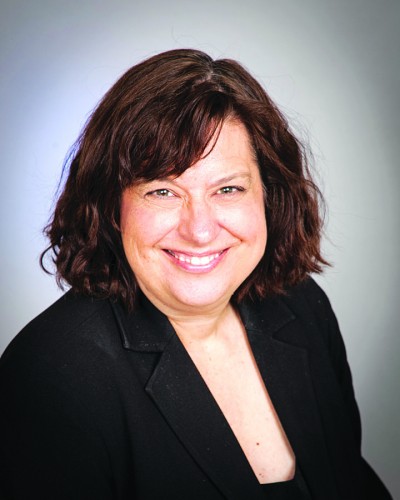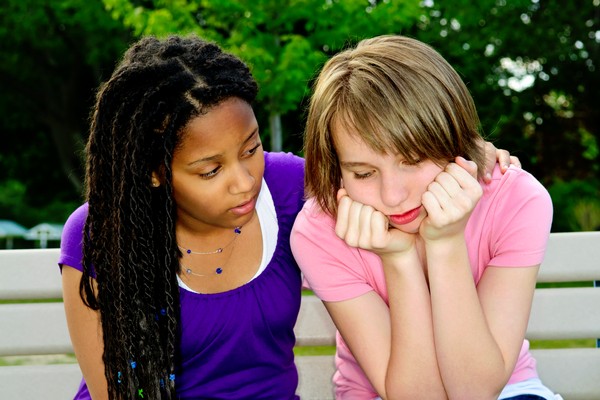PROTECTING KIDS FROM BULLIES
Dr. Heather C. Huszti, CHOC’s chief psychologist, says one of the best ways to protect your children from bullying is to talk to them with open-ended questions and help them come up with an appropriate response. Look for opportunities in the news and ask your kids to comment. “Don’t wait for your kid to be a victim. Have a discussion about why some kids might be bullies,” she says. If you learn your child was bullied at school, inform school officials. Schools have an obligation to handle it and if the school doesn’t respond, tell the school district office staff. Also, Dr. Huszti suggests, “Consider talking with the bully’s parents about their child’s behavior. In some cases that works well because the parents aren’t aware.”
WHEN YOUR CHILD IS THE BULLY
Dr. Huszti advises parents to head off this behavior in advance. “Ask your children how they would feel when someone says something mean to them, so they identify that early on. Ask, ‘How do you think that affects the other person?’ Set clear expectations and say, ‘In our family, that’s not our values.’” If your child continues to bully, set consequences, Dr. Huszti says. If your child is accused, she says, “Don’t offer a knee-jerk defense. Ask for more information so you can understand what is going on. Bullies also have a higher rate of suicide. It’s in the parents’ best interest, if their child is bullying, to stop that behavior. It’s usually coming out of a place of pain, not strength. It’s a warning sign to take seriously.”
CYBER BULLYING
Cyber bullying can include posting mean comments on a social networking website or sending hurtful emails or texts. Cyber bullies can torment others anonymously and sometimes the recipient doesn’t know who is doing this. Dr. Huszti suggests talking with your children about what to do if they encounter a bully online. “Teach kids about it upfront. Let your kids know you will monitor things, especially if they are starting to get on social media,” she says.




















